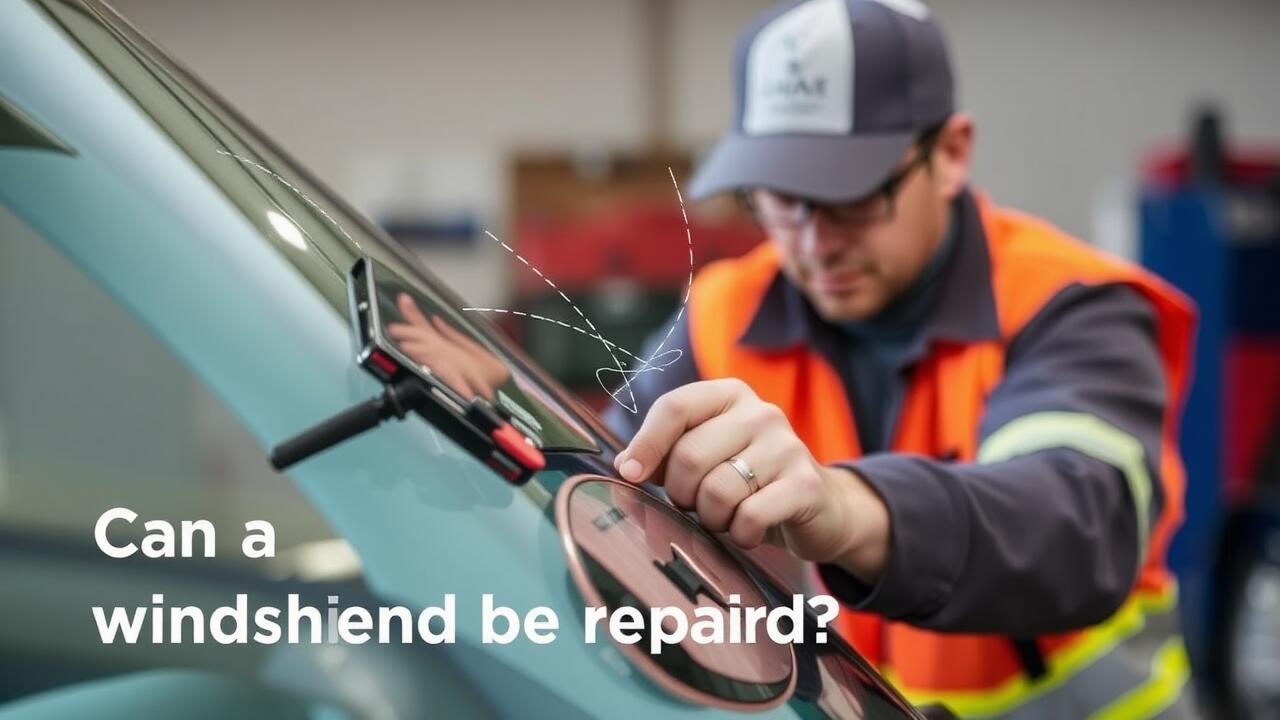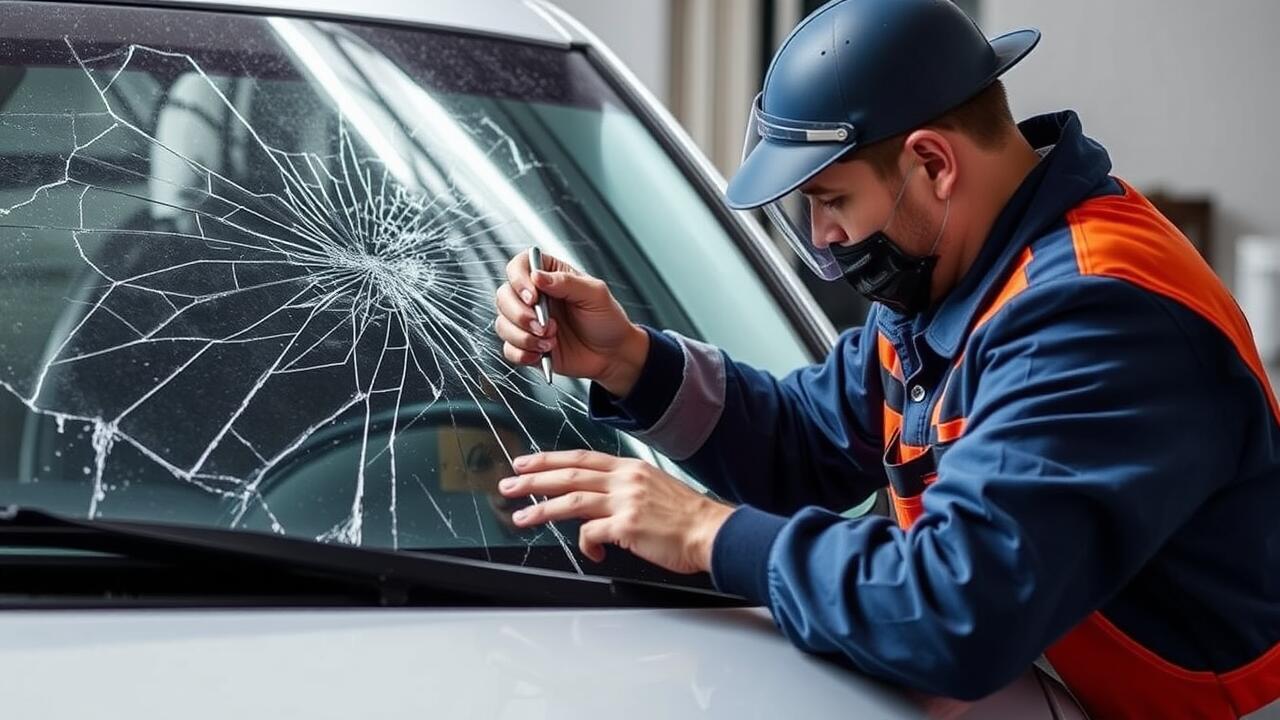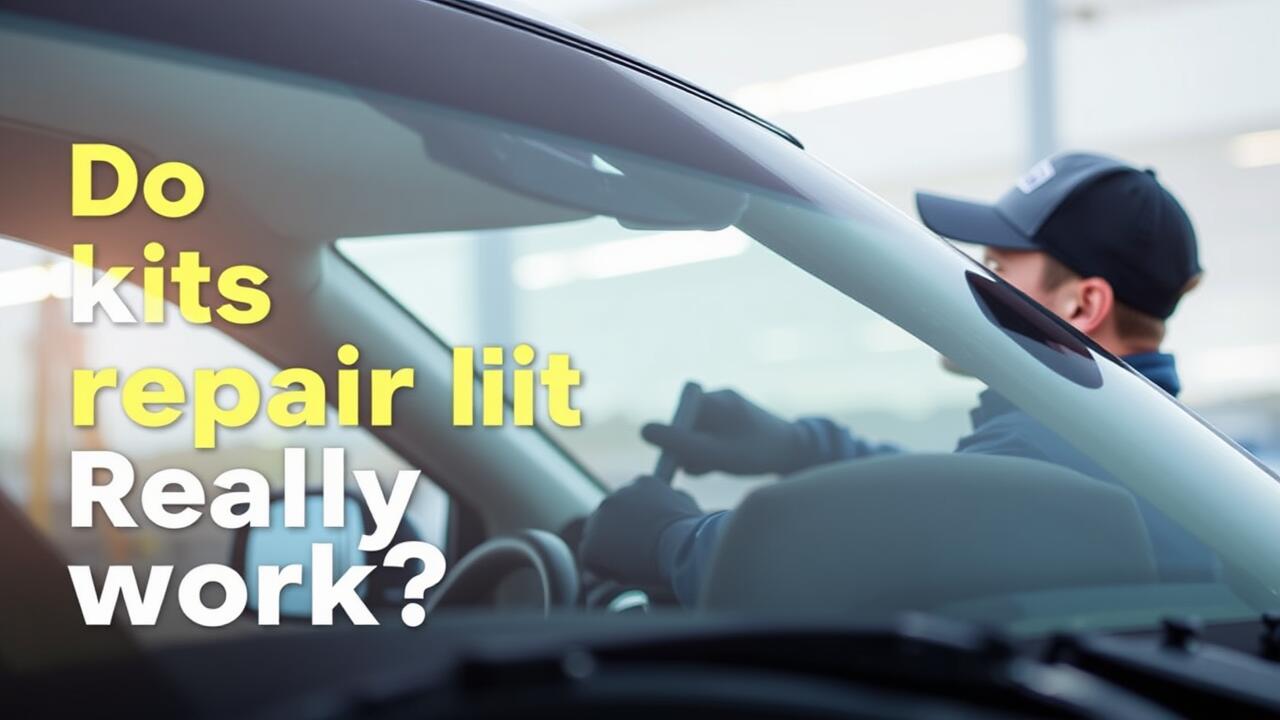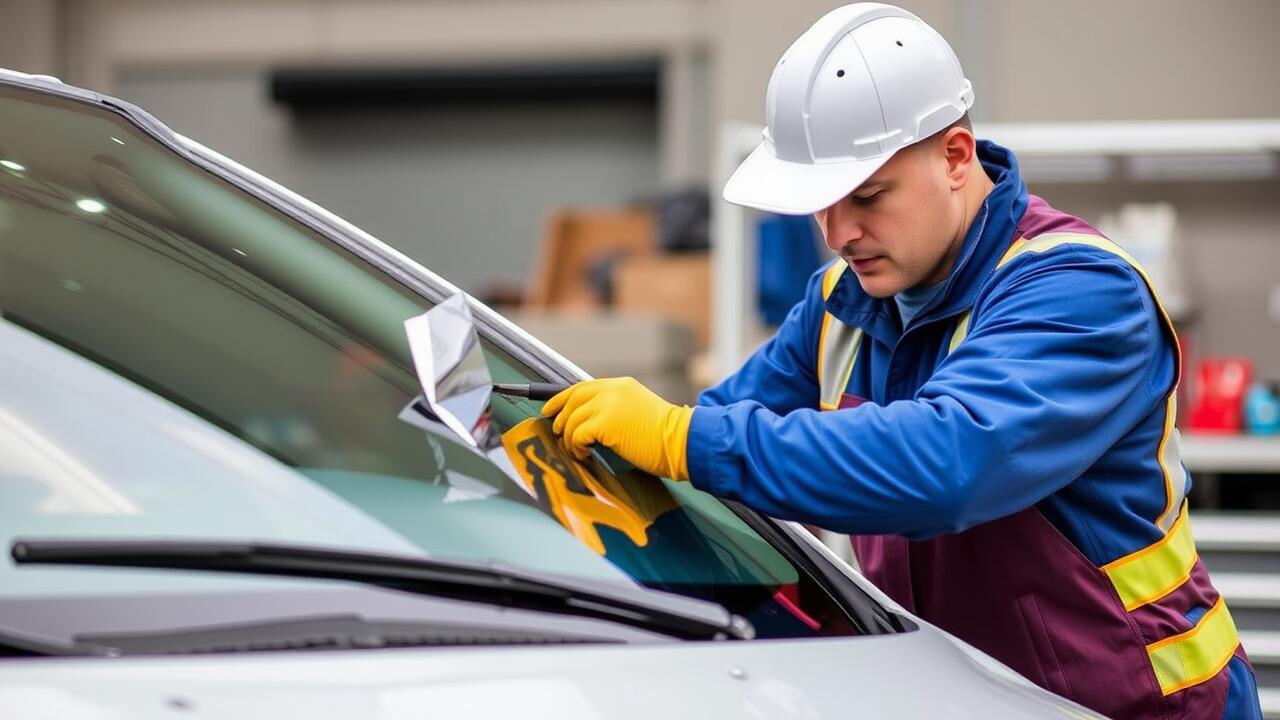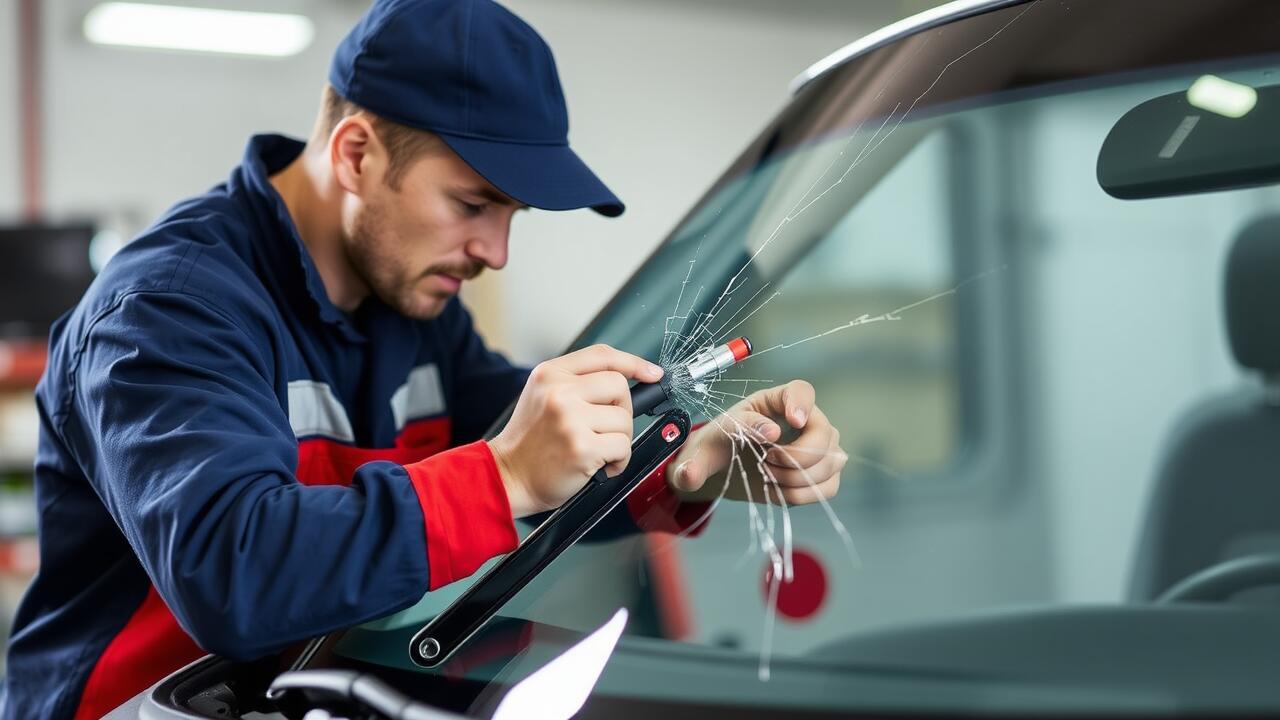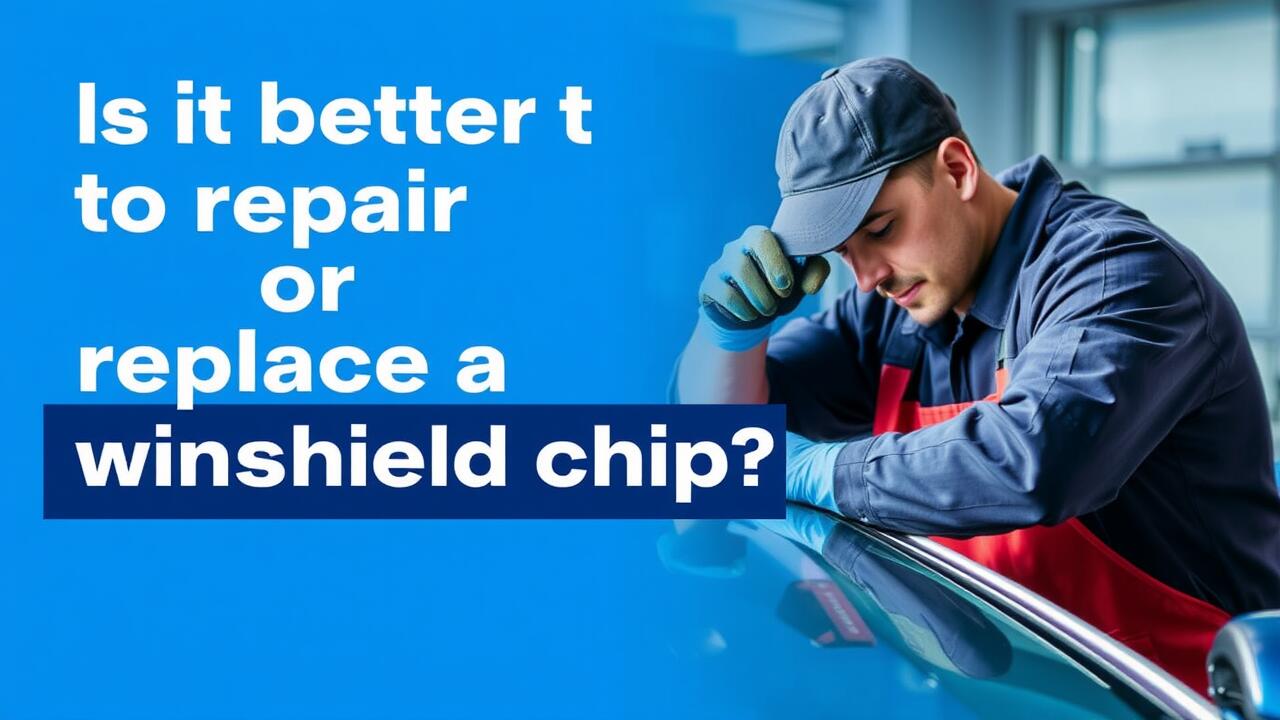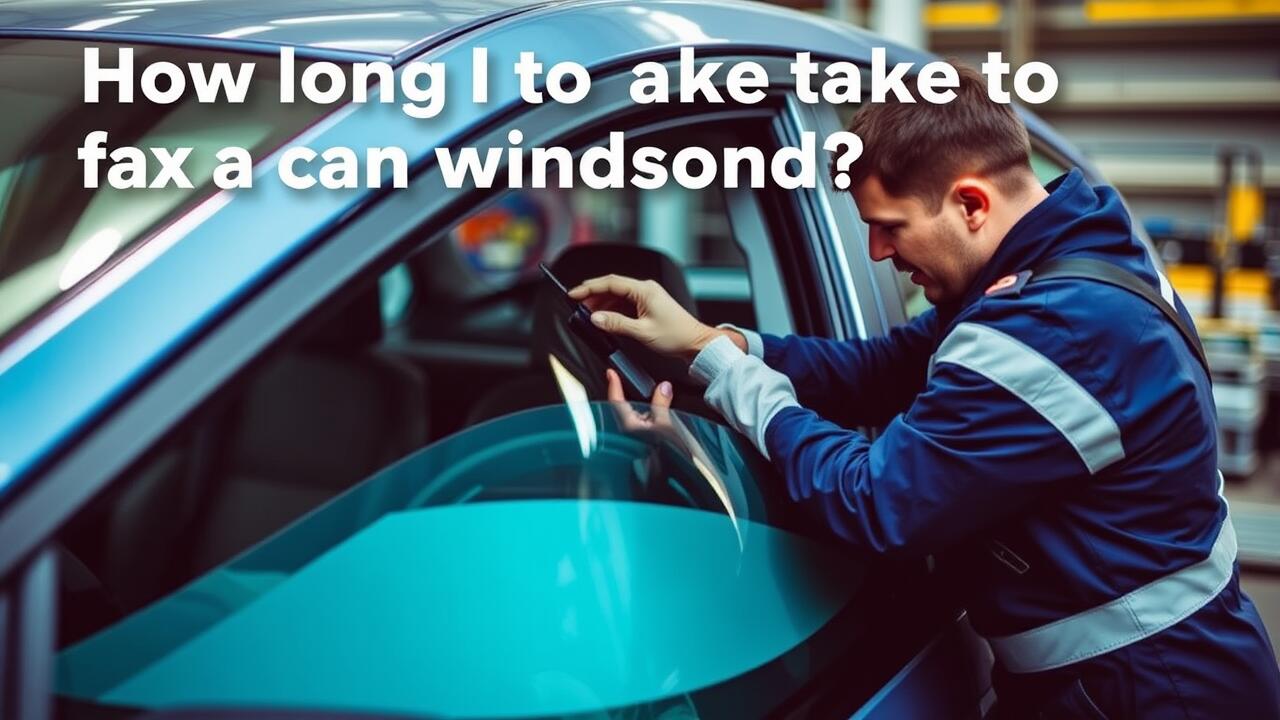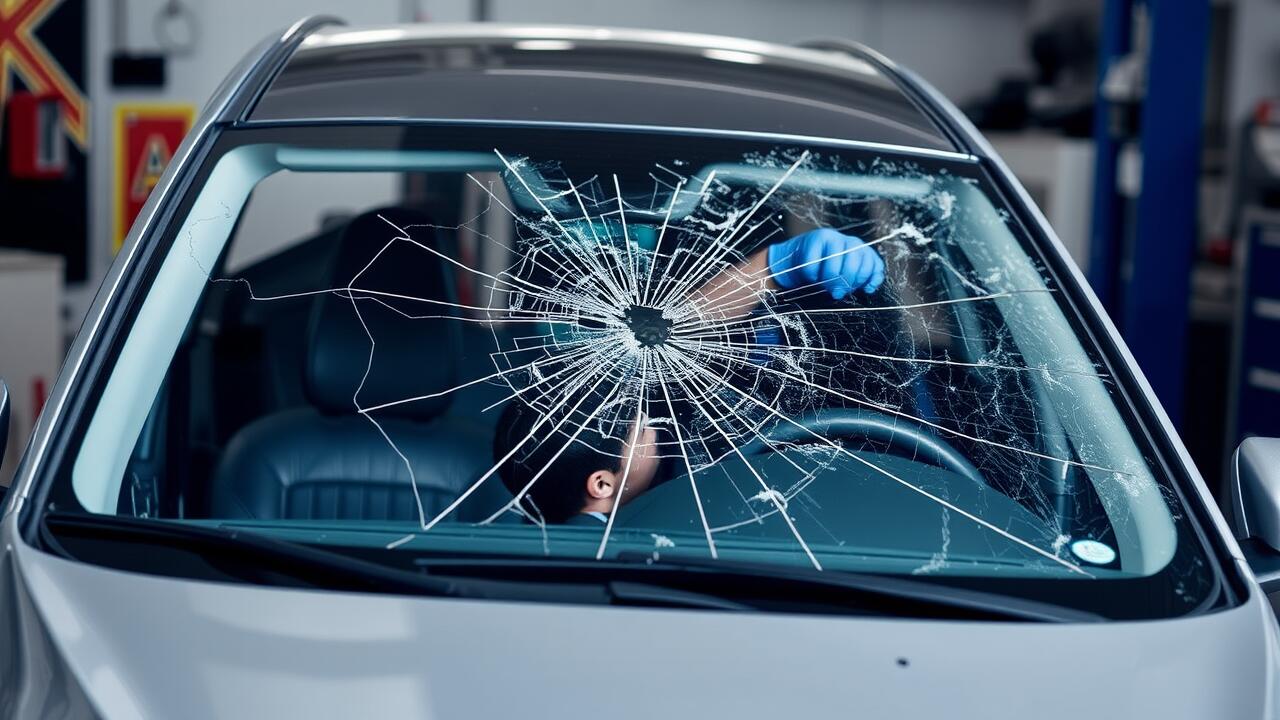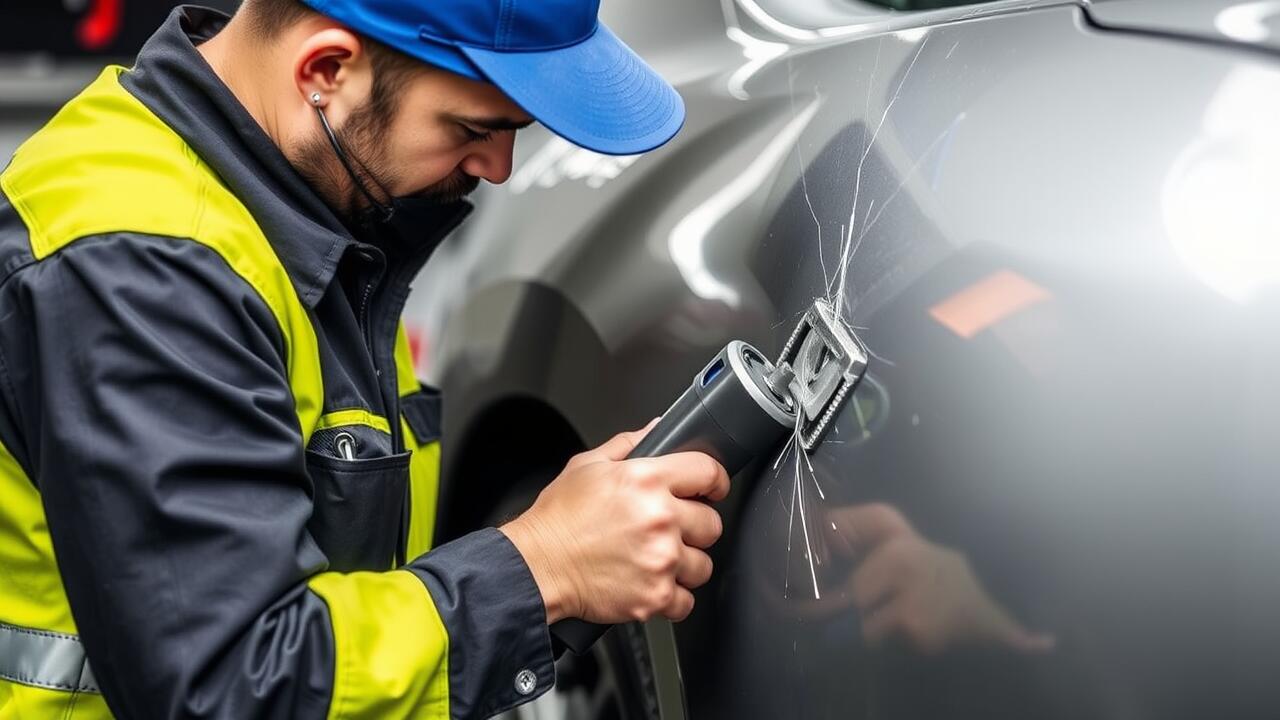
Table Of Contents
Costs Involved in Windscreen Repair
Windscreen repair can incur various costs that differ based on the extent of the damage and the location of the service provider. Minor chips might cost less to fix, typically falling within the range of $50 to $150. On the other hand, larger cracks or significant damage may lead to higher expenses, especially if replacement becomes necessary. It's essential to factor in potential call-out fees if a mobile repair service is required, as these can add to the overall expense.
When assessing the costs of windshield repair, insurance coverage often plays a crucial role. Many insurance policies offer full coverage for repairs, especially if the damage is minor. This can relieve the financial burden on the vehicle owner, allowing for quick and efficient repairs without significant out-of-pocket expenses. Knowing your policy details can help determine the best course of action and whether to pursue insurance claims for the repair work needed.
Check out this site for more information.
Out-of-Pocket Expenses vs. Insurance Coverage
When considering the costs associated with windshield repair, many car owners weigh the financial implications of out-of-pocket expenses against what their insurance may cover. Depending on the nature of the damage and the type of insurance policy, the repair might be fully covered or require a deductible. In some cases, paying for the repair upfront may be less expensive than claiming on insurance, especially if the damage is minor.
On the other hand, insurance coverage can provide peace of mind, especially for more significant damage that could lead to a full windshield replacement. Some policies also offer no-deductible glass cover, making repairs more financially feasible. Evaluating the overall impact on premiums and potential future claims is crucial when deciding whether to utilise insurance for windshield repair or handle the costs independently.
When to Replace Instead of Repair
When dealing with a chipped windscreen, there are instances where replacement might be the better option compared to repair. If the damage is located in the driver's line of sight or if it spans a significant area, it may compromise vision and safety. Windshield repair can sometimes be inadequate if the chip has spread or if it is deeper than surface level, making a full replacement necessary to ensure structural integrity.
In addition to the location and extent of the damage, the age of the windscreen should also be considered. Older windscreens may be more susceptible to further damage, and attempting to repair them can be a short-term solution that doesn't address underlying weaknesses. If a windscreen has multiple chips or cracks, replacement might be more economical and ultimately safer for the vehicle's occupants.
Signs That a Replacement is Necessary
A windshield may need replacement rather than repair based on specific criteria. If the chip or crack is larger than a monetary coin or located directly in the driver's line of sight, it can impair vision significantly. Such damage not only compromises safety but also violates regulatory requirements in many jurisdictions. Furthermore, cracks that spread over a larger area often indicate deeper structural issues, making a repair less effective in restoring the integrity of the windscreen.
Additionally, if the damage has occurred in multiple areas of the windshield or if the glass has begun to delaminate, it often signals the need for a full replacement. Windshield repair will not address these compounded issues adequately. Driving with a compromised windshield can lead to reduced visibility and increased risk in various driving conditions, underscoring the importance of ensuring that the windscreen is in optimal condition for safe driving.
Frequently Encountered Myths
Many drivers believe that any damage to their windscreen will automatically be covered by insurance, leading to misconceptions about what is included in their policy. This misunderstanding can result in unexpected out-of-pocket expenses if the damage exceeds certain limitations or is considered too severe for mere Windshield Repair. Each policy has specific terms and conditions that outline what is eligible for coverage, making it essential for vehicle owners to read their insurance documents carefully.
Another common myth is that opting for a Windshield Repair will negatively affect a driver’s insurance premium. In fact, many insurers encourage prompt repairs to prevent further damage and may even waive the deductible for minor chips. By addressing the issue immediately, drivers can mitigate costs and maintain their no-claim bonus, debunking the notion that repairs will lead to higher future premiums.
Misconceptions About Insurance and Windscreen Chips
Many drivers believe that insurance policies do not cover windscreen damage, which can lead to reluctance in making necessary claims. Most standard insurance plans, including comprehensive cover, often include provisions for windscreen repair or replacement. It's crucial for motorists to review their policies, as coverage can vary widely among insurers. Understanding the specifics of what is covered can save both time and out-of-pocket expenses.
Another common myth is that making a claim for windscreen repair will inevitably raise your insurance premiums. While some insurers may increase rates after a claim, many companies often regard windscreen repairs differently. Some policies do not impact premiums when claims are made specifically for windscreen repair, especially if the policyholder opts for repairs rather than a full replacement. This factor can significantly influence the decision-making process when faced with a chip in the windshield.
FAQS
Is a chipped windscreen covered by insurance?
Yes, many comprehensive car insurance policies cover the repair or replacement of a chipped windscreen, but it's important to check the specifics of your policy.
Will I have to pay an excess if I claim for a chipped windscreen?
This depends on your insurance policy. Some insurers may waive the excess for windscreen claims, while others may require you to pay it. Always confirm with your provider.
How do I know if my insurance covers windscreen repairs?
You can check your policy documentation or contact your insurance provider directly to clarify whether windscreen repairs are included in your coverage.
Can I choose my own repair service for a chipped windscreen?
Generally, you can choose your own repair service, but some insurers may have preferred providers or require you to use their network for repairs.
What should I do if my insurance claim for a chipped windscreen is denied?
If your claim is denied, review the reasons provided by your insurer and consider appealing the decision. You can also seek advice from the Australian Financial Complaints Authority (AFCA) if needed.

